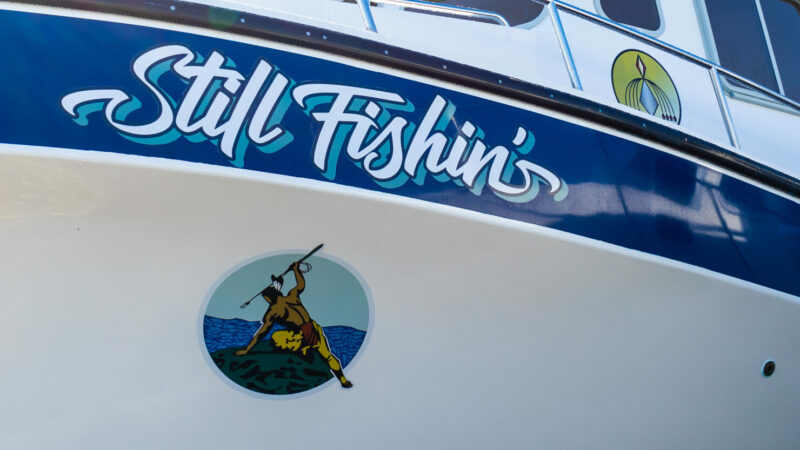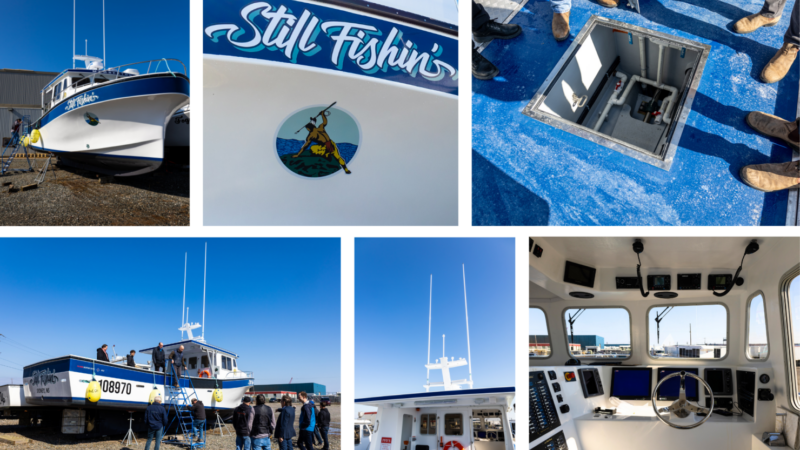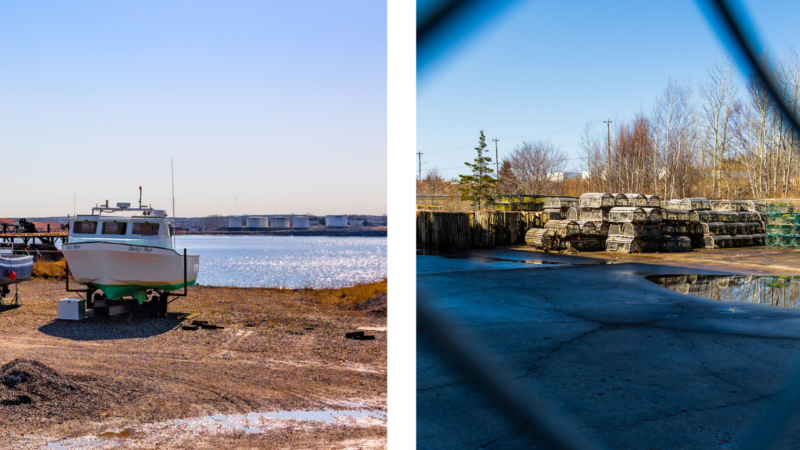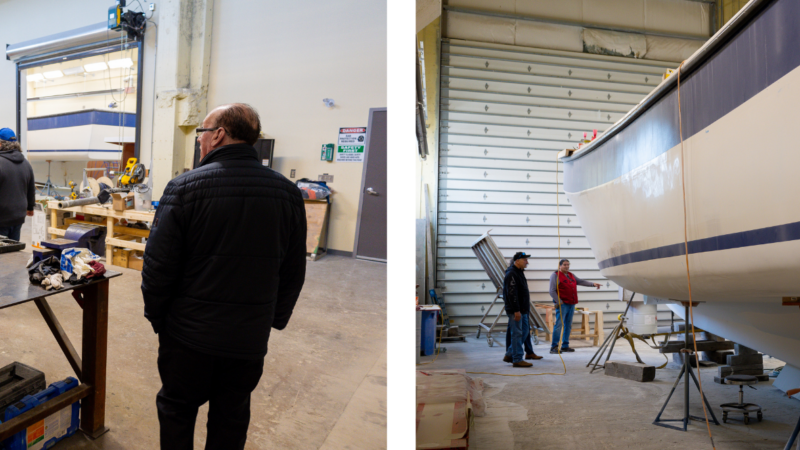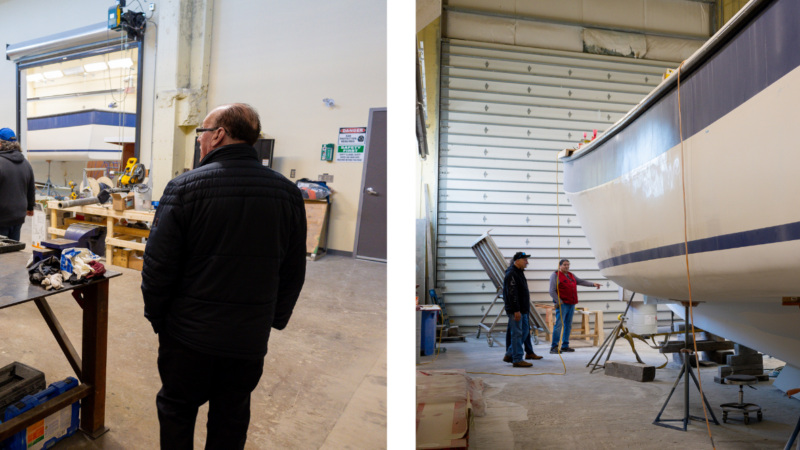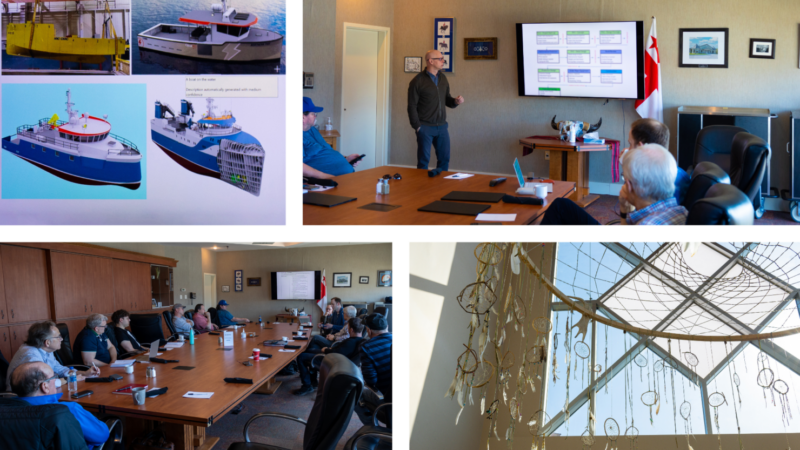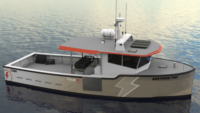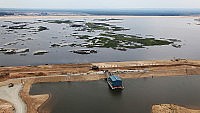Electrification Study for Nova Scotia’s Lobster Fishing Fleet
FULL DESCRIPTION
Allswater has embarked on a groundbreaking journey to transform Nova Scotia’s lobster fishery into a sustainable, zero-emission industry. Our partnership with esteemed experts and stakeholders has led to a comprehensive electrification study, showcasing our dedication to engineering excellence and forward-thinking solutions.
CHALLENGES
- Addressing Emissions: Nova Scotia’s lobster fleet produces a substantial amount of CO2 emissions, posing environmental challenges and financial burdens for fishers.
- Technology Integration: Incorporating cutting-edge battery-electric propulsion systems into existing vessels, while ensuring cost-effectiveness presented a significant challenge.
- Government Support: Garnering essential government support and policy development to facilitate widespread adoption of zero-emission technology was vital.
SOLUTION/APPROACH
- Innovation and Collaboration: Allswater harnessed its diverse team of Naval Architects, Engineers, specialists and project partners to develop an all-encompassing approach.
RESULTS
- Positive Impact: By taking an all-in, turnkey approach, Allswater formed a team on internal and external specialists to ensured efficient resource utilization, keeping the mobilization on time and on budget.
- Sustainability: Our efforts to electrify Nova Scotia’s lobster fishing fleet align with environmental sustainability goals, reducing emissions and overall fuel costs.
- Government Involvement: Allswater’s and our partner’s advocacy for government support has the potential to shape the future of marine decarbonization in Canada.
At Allswater, we are driven by a vision of a sustainable and innovative marine industry. The electrification study is just one example of our commitment to engineering excellence and environmental responsibility. Contact us to learn more about our work or to discuss how we can collaborate on your next project.
Photo credits: Heather Grant

